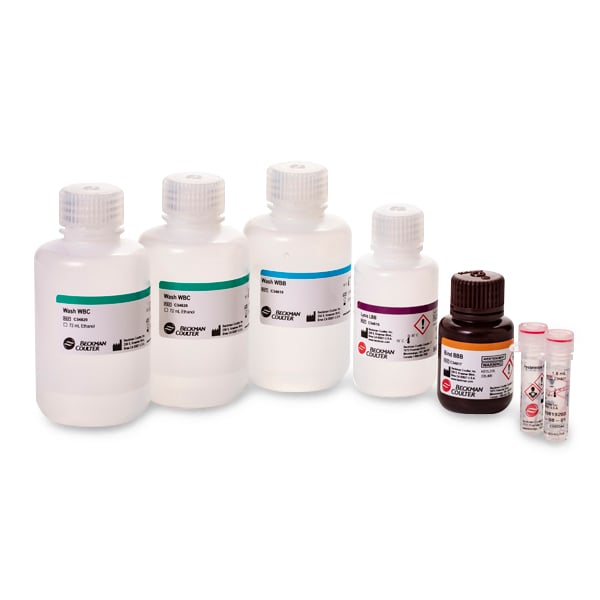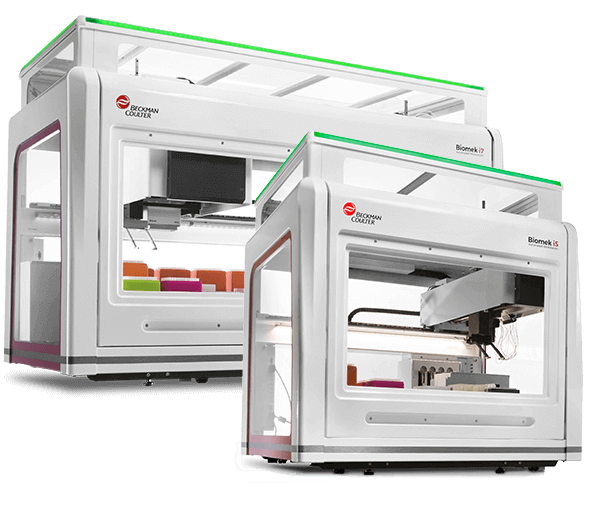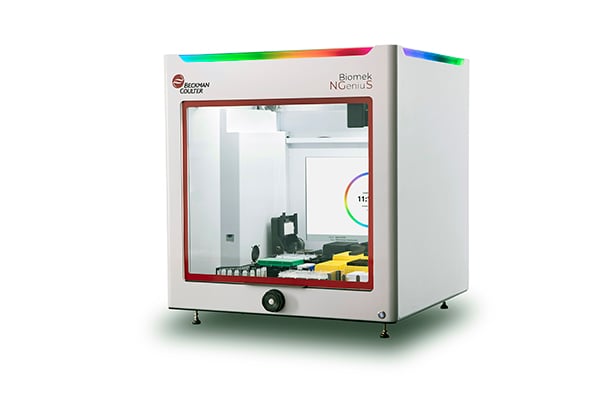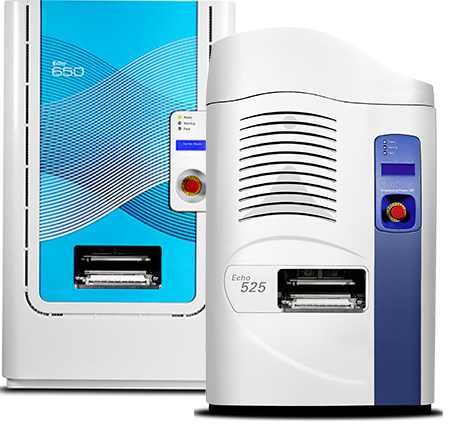二代测序(NGS)作为基因组学研究的核心技术,助力实现了众多前所未有的新发现。相较于传统方法,高通量基因组测序能够快速提供全面的基因组信息,且通常成本更低。然而,尽管优势显著,在 NGS工作流程的各阶段也可能会产生意料之外的巨大成本,使实验室面临预算压力。
本文中,贝克曼库尔特生命科学现场应用总监 Arto Klug 讨论了纯化方法、自动化平台、试剂和供应商的正确组合如何实现更快、更具成本效益的 NGS 工作流程,以满足每个实验室的特定需求。
NGS 文库纯化的隐性成本
NGS 的 RNA 和 DNA 纯化过程中,需要有效去除酶、接头和引物二聚体等杂质,避免引发背景噪声,干扰测序流程。准确可靠的结果取决于精确和有效的样品制备。特别是在低样品起始量的情况下,实现文库高效纯化的同时,最大程度减少遗传学样品损耗尤为重要。
若未能有效去除这些污染物,将会导致数据质量不佳,甚至可能需要重复进行实验(如果有额外的样品材料可供使用),这势必会延长 NGS 工作流程的整体耗时,并增加额外成本。另外,因样品污染而需要进行多次重复实验时,市售的 NGS 核酸纯化试剂盒可能会大幅消耗实验室的预算配额。
固相可逆固定(SPRI)技术 是一种先进的核酸提取技术,利用顺磁珠按类型和大小,选择性、可逆性与核酸结合。该技术适用于核酸样品的高性能分离、纯化、磁珠纯化和特定大小片段筛选。SPRI 磁珠大小均匀,可实现高度可重复的结果,具备高结合能力、低非特异性结合率,并能够实现快速纯化,支持更高效的工作流程和更高的实验通量。
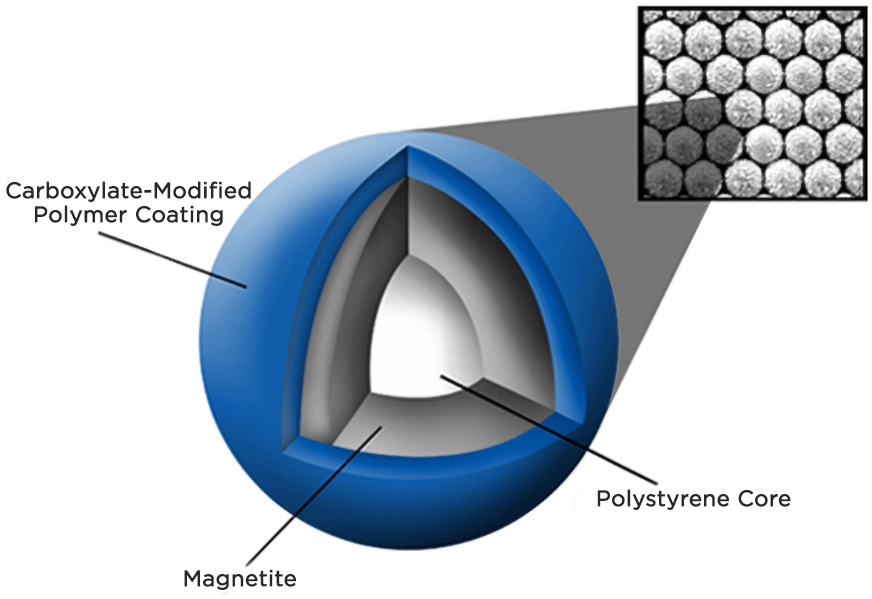
图 1. SPRI 磁珠结构示图
贝克曼库尔特精心开发了一系列基于 SPRI 技术的 基因组试剂方案,能够高效地从各类典型以及更具挑战性的样品中高效提取 DNA 与 RNA。此外,依托 SPRI 磁珠的纯化技术,无需离心或过滤等预处理步骤,即可在液体处理工作站上轻松实现自动化操作,进而大幅提升性能,赋予工作流程更高的灵活性与扩展潜力。
自动化 NGS 文库制备
构建 NGS文库往往繁琐且耗时,通常需数日才能完成,势必影响实验室的通量及整体生产力。此外,对每个样品与试剂进行手动移液操作时,可能会因操作差异导致移液量不一致,进而对最终结果产生负面影响,甚至引发成本高昂的重复实验。
NGS 文库制备的自动化,能够助力实验室显著提升实验通量,大幅削减手动操作时间,并有效规避手动操作带来的误差,从而确保数据更加一致可靠。此外,自动化的样品制备流程还能有效减少重复实验的次数,避免成本高昂的试剂消耗,是实现成本节约策略的关键一环。
遗憾的是,与手动文库制备相比,市面上许多自动化平台运行时需要耗费大量昂贵的死体积试剂。此外,由于无论总实验批次规模如何,自动化过程通常需要相同的死体积,因此,处理一块板部分孔的每个样品成本通常比处理整板更高。
贝克曼库尔特功能强大的自动化液体处理平台,已对 NGS文库制备的每一步骤实施了标准化作业,有助于消除手动操作带来的误差,确保结果更加一致可靠。该平台广泛适用于各类样品类型、体积及批次规模,同时,通过微量化反应体系,大幅降低文库制备成本。此外,还可增加免手动操作时间,显著提升实验室工作效率。
Biomek NGeniuS二代文库制备系统每次运行可灵活处理 4-24 间任意数量的样品,全面整合热循环仪、实验耗材搬运及试剂自动分装功能,延长实验室人员的无人值守时间并消除人为错误。内容丰富的 NGS 样品制备方案应用库,简化了文库制备流程,并搭载直观的试剂识别系统,可在试剂使用前自动检查是否出错,防止加载错误,确保无后顾之忧。
我们还提供Echo声波移液系统,通过纳升和亚微升级非接触式液体转移实现反应体系的微量化,大幅减少试剂消耗并削减相关成本,特别是对于低样本量、高通量的实验。Echo 声波移液系统非接触式任意孔间精准的移液性能,有助于快速实现等摩尔 Pooling 和归一化,所有这些功能均可通过一个简便直观的软件界面实现。
我们资深的应用科学家能够精准计算出实验所需的死体积,从而为客户提供确切的成本估算。同时,我们的基因组试剂盒产品系列配备了富余的试剂材料,充分考量到自动化操作中可能产生的额外死体积。这些试剂盒无论是用于手动还是自动化工作流程,都能帮助客户最大限度地减少试剂浪费,有效规避额外的隐性成本。
自定义 NGS 工作流程
根据各实验室的现有基础设施与特定需求,量身定制纯化方法、平台及试剂组合,对于削减 NGS 中意外及不必要的成本至关重要。与可靠且专业服务的供应商携手合作,这个供应商能够理解如何定制工作流程以适应现有的实验室实践,也是为 DNA 与 RNA 测序制定稳健且面向未来的成本优化策略的关键一环。
我们与多样化的客户群体携手合作,从特定设备、专业软件到实验室配置,精准把握其独特需求,旨在帮助客户优化实验结果的同时,避免一切不必要的成本支出。期待与您联系,共同探讨我们如何助力您打造更高效、更经济的 NGS 工作流程。
作者简介

Arto Klug目前担任贝克曼库尔特生命科学液体处理现场应用总监一职,他领导了一支精英团队,专注于为自动化液体处理系统领域提供专业支持与创新解决方案。凭借在生物技术和应用科学领域的深厚积淀与丰富经验,Arto 始终致力于将卓越的服务与技术专业知识带给每一位客户,进而提升全球实验室的研究与运营效率。他的卓越领导力是贝克曼库尔特践行科学发现使命道路上不可或缺的关键力量。



